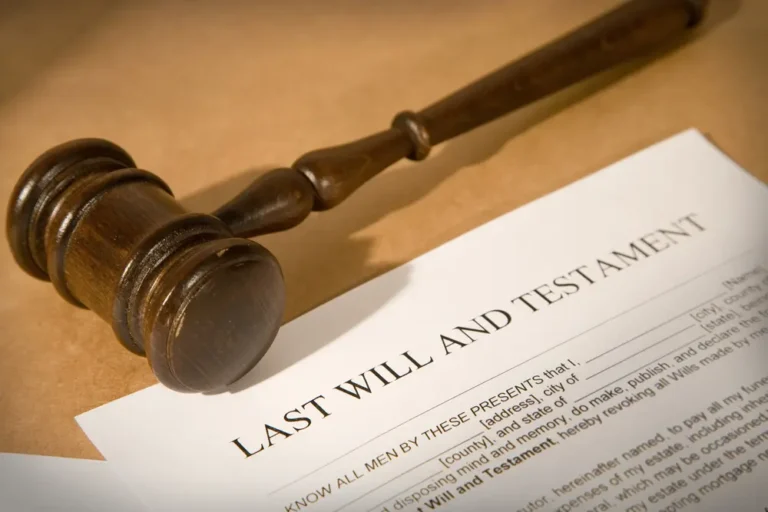End-of-Year Estate Planning Checklist: What You Should Review Before January~4 min read
The end of the year is the ideal moment to review your estate plan, update key documents, and confirm everything still reflects your goals. A quick checkup helps you protect your family, make smart tax decisions, and start the new year with more confidence.
Review Your Will and Trusts

As your life changes throughout the year, your will or trust may also need adjustments. You should look at major sections, including your beneficiaries, personal representatives, guardians for children, and any specific gifts you listed in the past. If you have created a trust, review the terms to confirm they still match your intentions and that the right people are named to manage it.
Update Beneficiary Designations
Many people forget that beneficiary designations on bank accounts, retirement plans, and life insurance policies pass outside of a will. Because of this, the names you listed years ago may no longer be appropriate. Spend a moment checking who is listed on your accounts and retirement plans. If someone has passed away, divorced, remarried, or if your relationships have shifted, now is a good time to make updates.
Review Powers of Attorney and Medical Directives
Your financial and medical decision-makers play important roles. Confirm the people named in your powers of attorney and advance directive still understand your wishes and are ready to carry out those responsibilities if needed. The holidays often give you a chance to talk with family members about your preferences and make sure they know where to find your documents.
Evaluate Gifts and Charitable Contributions
If you plan to make gifts before the year ends, take time to decide what you want to give and how you want to give it. The annual exclusion may allow you to gift money or property without tax consequences. Many families also use the holidays as a time to support charitable causes. Charitable giving can be incorporated into your estate plan and may offer tax advantages when done before December 31.
Check Your List of Personal Property
Sentimental items can lead to disagreements if your loved ones are not aware of your wishes. An inventory of your personal property helps your family understand what matters most to you. Review any handwritten lists or add a new list if one does not exist. This can include jewelry, collections, artwork, furniture, or anything with emotional or historical value.
Confirm Your Digital Estate Plan
Your online accounts, passwords, and digital assets should be part of your end-of-year review. Think about whether you want to update your password list, designate someone to manage your digital accounts, or add instructions for photos, files, and social media accounts.
Look Ahead at the Upcoming Year
The end of the year gives you time to consider what might change in the months ahead. Are you expecting a marriage, new grandchild, home purchase, or retirement? These events often affect your estate plan, so you may want to discuss them with an attorney before they happen.
Contact Springer & Lyle
If you have been meaning to review your estate plan, the end of the year is a great time to take that step. The attorneys at Springer & Lyle are here to guide you, answer your questions, and help you update your documents with confidence. Call Aubrey Dameron at 940-387-0404 to schedule a consultation and discuss your estate planning needs.
Springer & Lyle is located at 1807 Westminster, Denton, Texas 76205.
FAQ’s
1. How often should I review my estate plan?
It is a good idea to review your plan once a year and after major life events such as marriage, divorce, births, deaths, or significant financial changes.
2. What if I do not remember who my beneficiaries are?
You can contact your bank, retirement plan administrator, or insurance company to request a current list of designations. Updates are usually simple to make.
3. Do I need an attorney to update my will?
While some changes may seem small, even simple updates can affect how your estate is handled. An attorney can help you avoid mistakes and confirm your documents are legally valid.
4. What documents should my family know about?
Your family should know where to find your will, powers of attorney, advance directive, trust documents, and any lists involving personal property or digital accounts.

Aubry Dameron
Aubry Dameron is an experienced attorney who focuses on probate litigation, estate planning, business litigation, and criminal and civil appeals. She earned her Juris Doctor, cum laude, from SMU Dedman School of Law and has served as President of the Denton County Bar Association. Aubry is recognized as a Super Lawyers Rising Star and is Top Rated by Super Lawyers.









